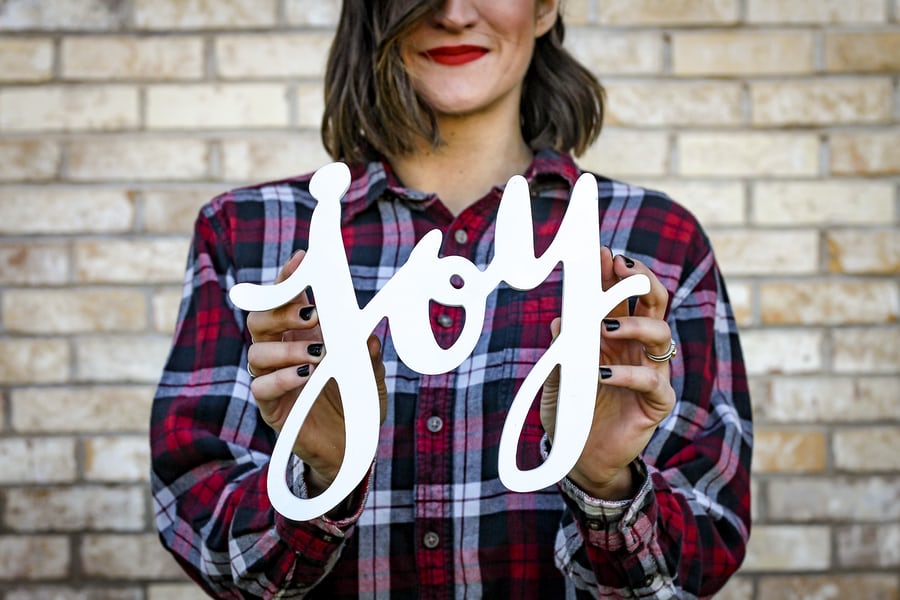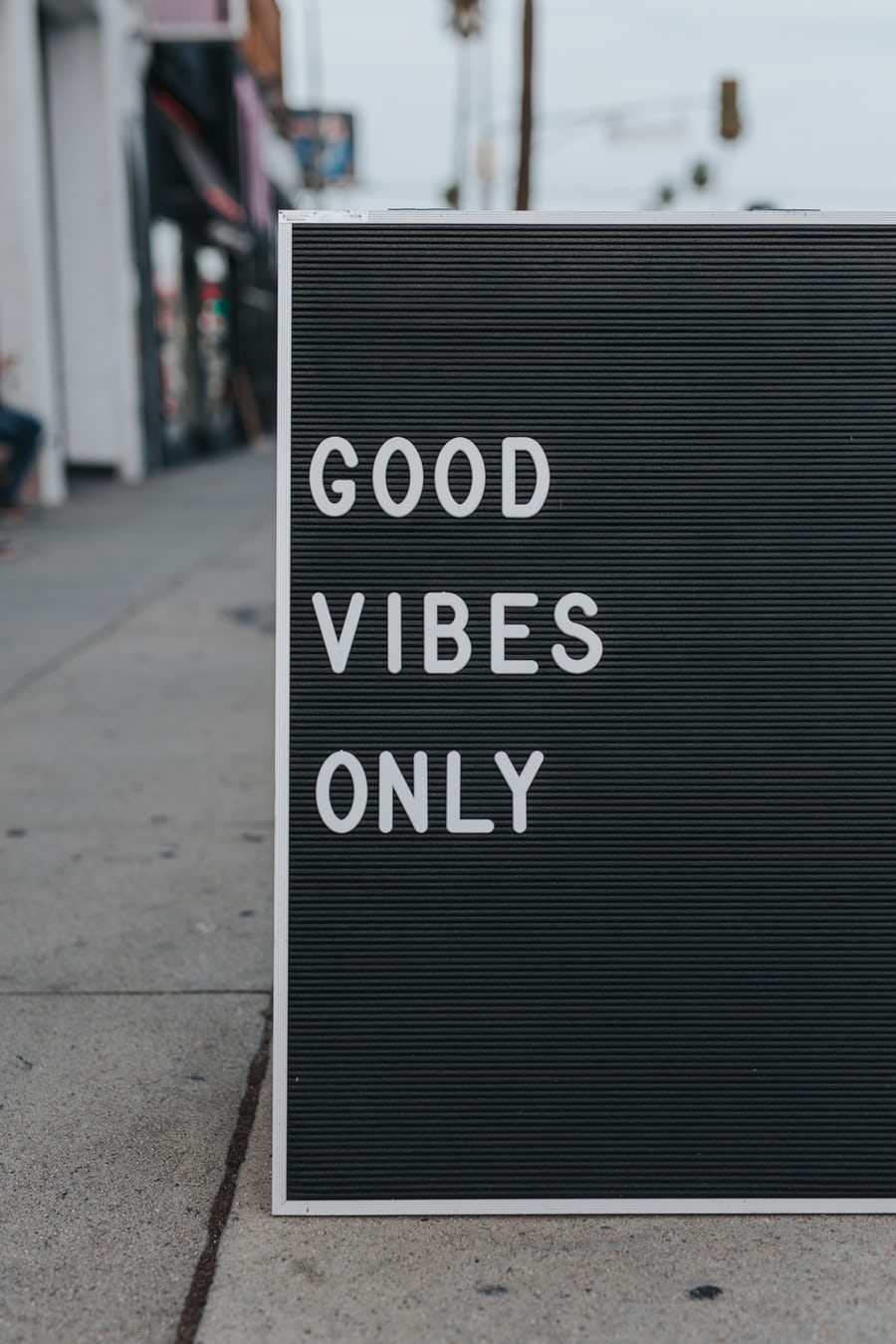While people of all ages have been struggling this year, recent research suggests that young people are more stressed and anxious than other age groups.
My own step-son started University only to test positive within a few weeks and then was isolated with new housemates away from family and unable to attend lectures.
In a February study of over 7,000 Chinese people, the under 35s reported more depressive symptoms compared to other age groups. In Spain, when the first wave hit, 48% of people aged 18 to 25, when surveyed, said that they were experiencing moderate depression (21% of 26 – 60-year olds said the same).
Having recently researched resilience (that protects against stress and poor mental health), I discovered that the experience of facing adversity and difficult times and coming through them gives people a greater feeling that they can bounce back. Older people tend to have navigated more in life and thus have more resilience.
Also, our emotions change across our lifespan.
According to Stanford psychologist Laura L. Carstensen, young people perceive time as being expansive so they focus on knowledge-seeking goals and making lots of social connections, both of which can be emotionally taxing. Older adults, who see time as finite, focus more on enjoying the moment and engaging in more selective connections and activities. This leads to a higher sense of wellbeing.
With the future uncertainties of what will happen to exams or jobs or dating or being able to travel then young people may be left feeling very anxious.
So, what can be done to help this?
The solution is in the rituals that we use to navigate life and times of the year. Rituals, no matter how big or small, not only crate predictability and structure but also provide a sense of belonging and meaning. They represent growth, signifying the end of a chapter and the start of another such as in tribal cultures where the boys undergo rituals to pass into manhood or in Western Cultures the Prom. Celebrating certain events together with our family or group is a shared experience and can be very bonding.
The Elf on the Shelf or the first window of the Advent Calendar being opened signifies that Christmas is coming. Reading a small child, a bedtime story each night can settle them down even when away from home. Children like such rituals. The routine and familiarity are comforting as our brain is wired to like what is familiar as this feels safe and like we are in control.
So, don’t forego your Christmas traditions this year. They are more important than ever. Also, if you can’t be with those you love, then why not create some new online rituals? Ask people to wear a Christmas jumper to the Zoom meeting or bring along something to share with the others such as lighting a candle or reading a poem. At the end of the meeting have one person – perhaps the youngest present – bring it to a close, by blowing out the candle or playing a song. This way, the gathering becomes more special, good emotions can be shared and new memories made.
Happy Christmas everyone. May your rituals give you joy.


